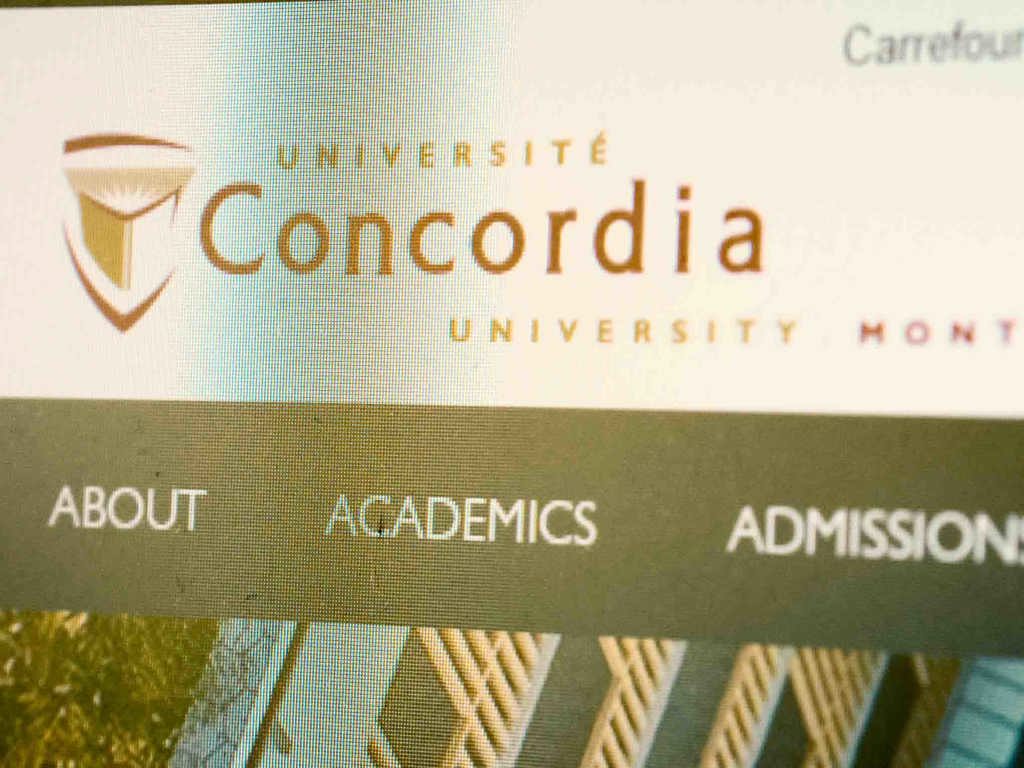Quebec has doubled tuition fees at English universities for non-residents of the province.
The announcement came during a press conference on Oct. 13, where Jean-François Roberge, minister of the French language, stated that a surplus of anglophone students is one of “the reasons for the decline of the French language in Quebec.”
He continued to stress his desire to “rebalance our university network [and rebalance] our language policies here in Montreal. By attracting more francophone students to francophone universities, it’s a way to rebalance it.”
This change will occur starting in Fall 2024. While students already studying at anglophone universities will not have to pay an increased rate, any out-of-province students looking to start an undergraduate or graduate program will.
The three affected schools are Concordia University, McGill University and Bishop’s University. At Concordia, incoming out-of-province BA students can expect to pay $299.73 per credit, or $10,678.45 per year with additional university fees. For comparison, Quebec residents coming into the same program would only pay $96.03 per credit, or $4,567.45 per year with additional fees.
Similarly, an MFA in Creative Writing, one of the few such programs offered in the country, is estimated to cost $7,350.15 for Quebec residents compared to an estimated $16,516.65 for out-of-province students, with neither of these costs accounting for additional fees.
Taylor Adams, a current first-year student at Concordia pursuing a bachelor’s degree in computer science with a joint major in data science, believes the decision is “meant to divide francophone from anglophone Canadians. If this was really about promoting French in the province, they would have come to an agreement to include French classes as a requirement for the English universities.”
“What is ironic is that McGill University may have to halt their $50 million French program because of this financially devastating policy,” Taylor said, referring to an Oct. 18 announcement from the English university.
While not affected financially by the hike themself, Taylor said that “just under 10 per cent of Concordia’s enrollment [are] Canadian, non-Quebec residents, so I am largely worried about the funding of my school’s organizations, equipment and faculty.”
Other tensions have risen on campus as well as a result of the tuition hike: “I see posters around campus against tuition hikes, either to get people to sign a petition or in order to organize a protest. Some of these have been partially torn [and] vandalized with phrases like ‘DEFUND ANGLO UNIs’.” At the recent protests, hundreds of those in attendance were students from Bishop’s.
Taylor may not be a Quebec resident, but they speak French “near fluently” and aims to “work and live in Montreal after [their] graduation as a software developer.” However, this change may affect their goals. “I am willing to attend my second year here, but if this significantly impacts my experience I will try to transfer to another university, like Carleton or Ontario Tech.”
“It’s a shame,” Taylor said, “because I came here not only to feel the freedom of a lively, accessible metropolis, but to immerse myself in the French-Canadian language and culture. I have been attending both francophone and French immersion schooling my entire life, and it sends a message that I’m not welcome, because I’m from Ontario and French is not my mother tongue.”
Protests and petitions are ongoing, but as of yet there has been no change to the policy. Recently, the tuition hike has received negative attention from other provinces and countries. With students like Taylor starting to consider other options for schooling, the situation for anglophone universities in Quebec like Concordia, McGill and Bishop’s regarding enrollment and funding is dire.

